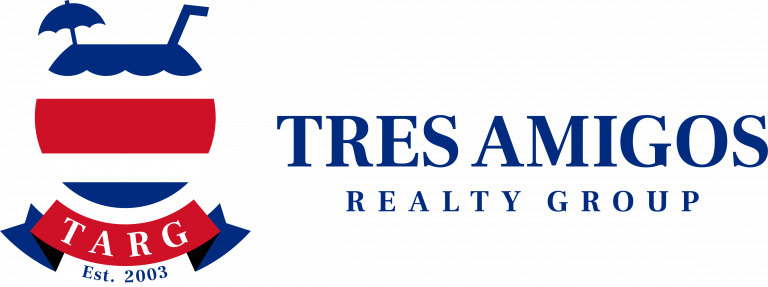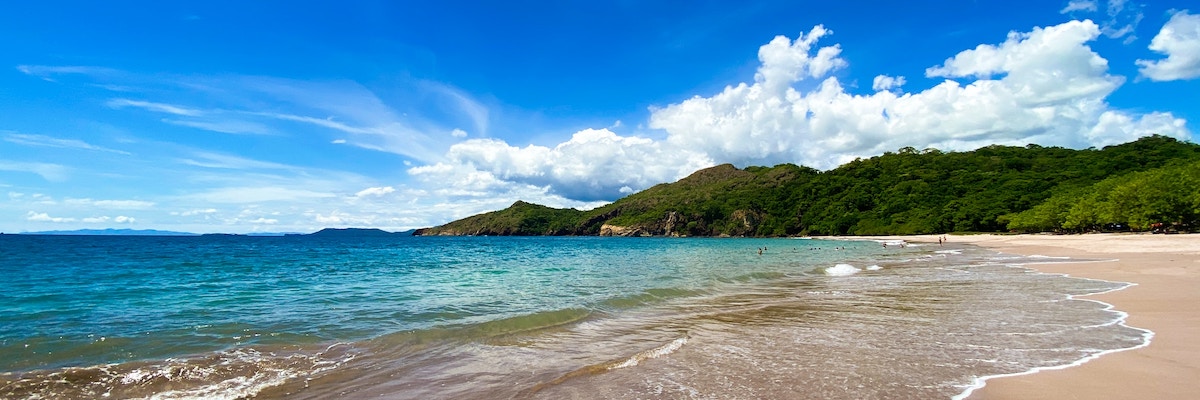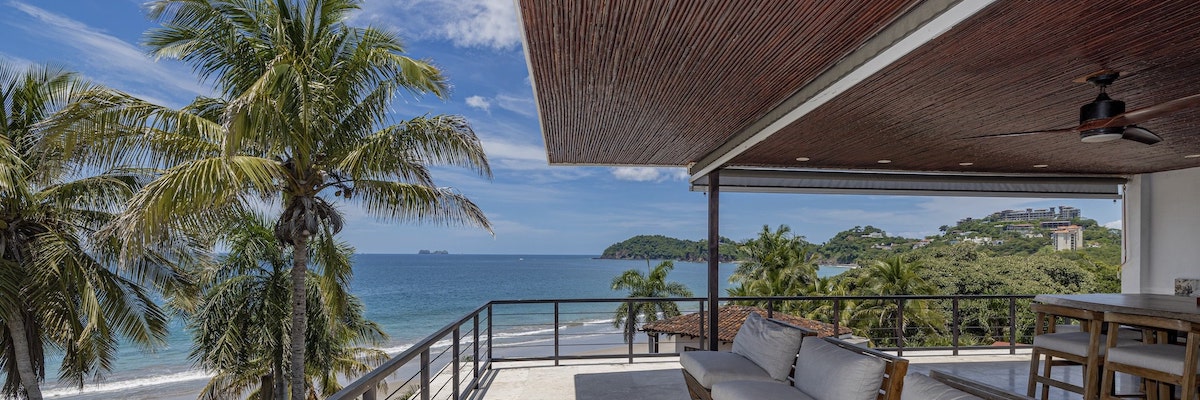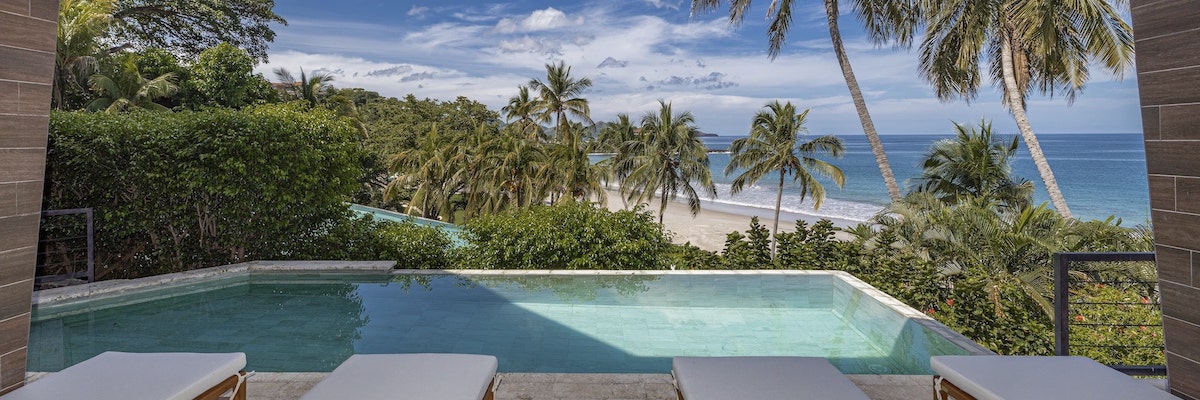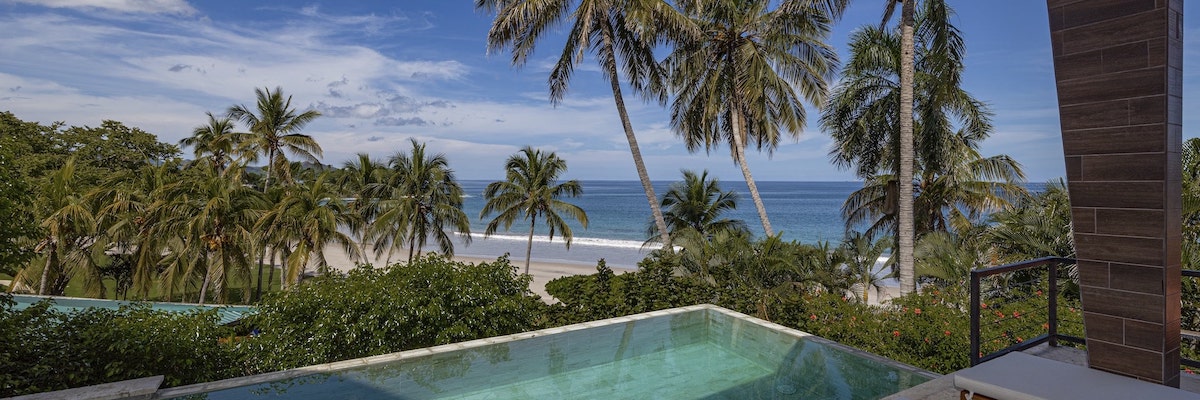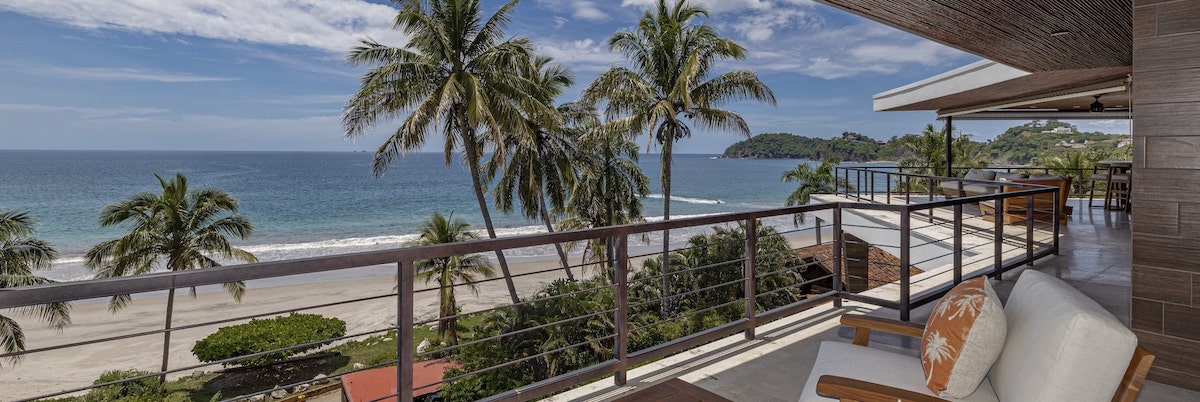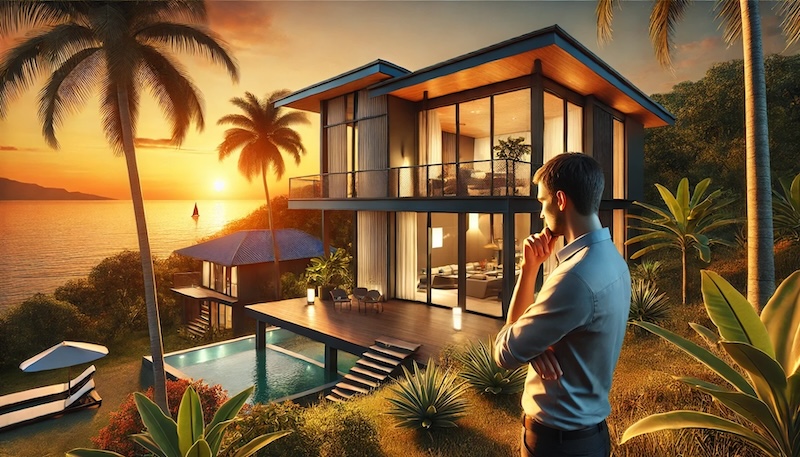
In the Costa Rica real estate market, it is not uncommon for buyers to skip home inspections on properties they intend to purchase. This is a big mistake. It can lead to missing important construction details resulting in problems down the road. Here are some key points to take into consideration when purchasing a new home in Costa Rica.
Understanding Home Inspections in Costa Rica
When you're thinking about buying real estate in Costa Rica, knowing about home inspections is key. The environment and building styles here are different from what you might see in the USA or Canada. It's important to have a detailed house inspection checklist, followed by certified inspectors to protect your investment and make the buying process smoother.
What is a Home Inspection?
In Costa Rica, a home inspection means checking a property's condition before you buy it. This may include but not be limited to checking the foundation, roof, plumbing, electrical, drainage, sewage, possible water damage and more.
Certified inspectors follow strict standards and provide detailed reports. These reports can reveal any big problems that might cost a lot to fix.
Differences Between Home Inspections in Costa Rica and Other Countries
Costa Rica's inspections are different because of its varied landscape. Issues like unstable soil or water damage are common and need careful checking. Also, there's no single group that oversees home inspectors here, so their skills and methods vary a lot. In Costa Rica it is more about "who you know".
Local experience is the key to knowing where to find the right home inspector, and it is crucial to choose a trusted home inspection service with skilled inspectors. This is especially true when getting a loan for the property. Banks also want to know if a property is well constructed and maintained. Lenders rely on accurate reports to value the property. Knowing about these things can help you plan better and possibly get better purchase terms. So, working with reliable inspectors, following a detailed checklist, and understanding local specifics can greatly help your real estate journey in Costa Rica.
Key Areas to Focus on During a Home Inspection
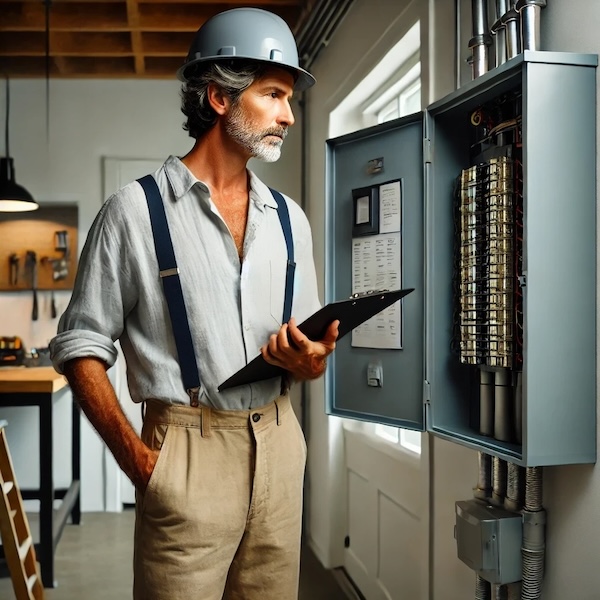 Residential property inspections are key to ensuring your home's safety and longevity. We'll cover the main areas that certified home inspectors check during their evaluations.
Residential property inspections are key to ensuring your home's safety and longevity. We'll cover the main areas that certified home inspectors check during their evaluations.
Foundation
The foundation is the backbone of any home. In Costa Rica, with its mountainous terrains and rain, it's especially important. Inspectors look for any signs of damage or shifts that could affect your home's stability. This is a critical part of a thorough inspection.
Roof
Costa Rica's rainy seasons make roof inspections essential. Inspectors check for missing or damaged shingles or tiles, and ensure the roof protects against the weather. Reports from these inspections help identify any needed repairs or maintenance.
Electrical Systems
Electrical systems are reviewed for safety and compliance with standards. In Costa Rica, where humidity and storms can impact safety, this is crucial. It helps ensure your home is safe from electrical dangers.
Plumbing
Plumbing inspections check for leaks, water damage, and mold risks. In Costa Rica, inspectors also examine water pressure and fixture conditions. This helps prevent costly problems in the future.
By focusing on these areas, you and the inspectors ensure your home is safe and sound. This is vital for a solid investment in Costa Rica's real estate market.
Potential Red Flags to Watch Out For
Buying a property can be complex in any country. Knowing about home inspection costs and evaluations is key. Spotting red flags early can save you from trouble and money. Here are some things to watch for:
- Structural Issues: Look out for diagonal cracks near doors or windows, or horizontal cracks in concrete walls. These could mean the foundation is moving. If the cracks are over 1/4 inch wide, you might face expensive repairs.
- Old Plumbing: Many of the older homes in Costa Rica were built by what we might call "amateurs". There were no formal inspections by municipal personnel so the quality of plumbing in a home can vary significantly. Replacing old plumbing can be very costly so it's important to know up front what you are getting into.
- Roof Condition: Many Costa Rican homes use metal sheeting. Some homes have rustic tiles. Others use shingles. Heavy rains and living near the sea can take a toll on any part of a house, especially the roof.
- Mold and Water Damage: Mold or water damage can mean bigger problems like leaks or poor drainage. These can cause wood rot and more mold. Fixing mold can cost thousands, so it's important to catch it early.
- Termites: Yes, Costa Rica has termites too. If the home has a lot of wood incorporated into the construction it is important to make sure there is no termite related damage.
- Sewer and Septic Systems: Sewer or septic system problems can be a nightmare. Repair costs can reach $10,000. Make sure these systems are checked during your home evaluation.
- HVAC Problems: Poorly maintained HVAC systems might need big repairs or even a new system. This can be a big expense.
- Safety Hazards: Injuries can happen due to collapsing decks and other structural failures. It's crucial to check that all structures are safe and sound.
Understanding these risks and getting a thorough home inspection is smart. It gives you the knowledge you need to make informed decisions and not get stuck with a lemon.
The Importance of Home Inspections in Costa Rica
In Costa Rica, getting a home inspection before buying is often skipped by new buyers. Many homes indeed appear beautiful on the outside but hidden problems can make for huge burdens after the purchase.
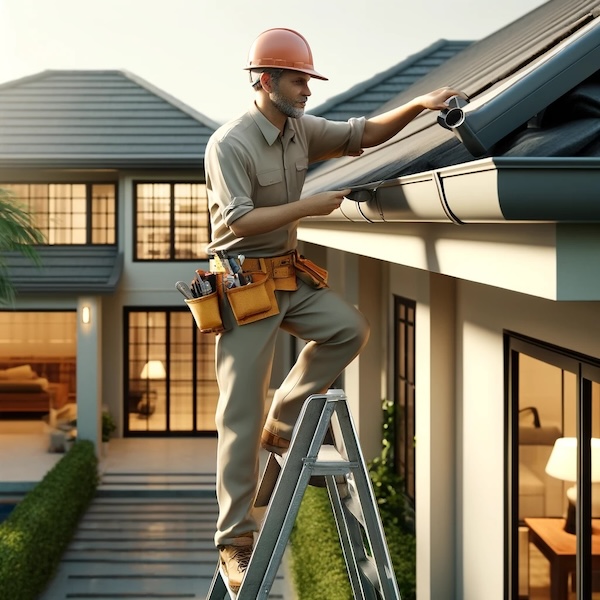 Knowing about residential property inspections can make your buying journey smoother and give you peace of mind knowing you won’t have any surprises down the road.
Knowing about residential property inspections can make your buying journey smoother and give you peace of mind knowing you won’t have any surprises down the road.
Protecting Your Investment
Those seeking to invest in Costa Rica property realize that buying property is a big deal - especially in a completely new country with different customs, laws and building standards. Therefore, protect your investment. Home inspections can help to discover the hidden problems like structural issues, water damage, or system failures. These inspections are your first defense against a bad investment, ensuring you get good value and peace of mind.
Identifying Potential Issues Before Purchasing
Have your home inspection service provide a list of the things they will inspect. Since there are few licensed pros in the area, it's vital to have skilled inspectors who know local building codes and practices.
Negotiating Repairs or Price Adjustments
If the inspection finds big issues, you can ask for a lower price, or repairs to be done before you commit to the purchase. This is not uncommon. You should ask your real estate agent to help you understand what sort of costs may be involved in fixing a problem. Knowing what repairs may cost gives you leverage during the purchase negotiation.
Conclusion
In the Papagayo region of Costa Rica, home inspections are essential. They help you avoid problems and feel confident when buying or selling. Certified home inspectors check everything, from the foundation to the roof.
Home inspections can reveal issues such as structural problems or hidden faults. This gives you a chance to talk about repairs or changes in the deal. Should you decide to buy a vacation rental, regular checks also make tenants happier and will help you save money.
When you are ready to purchase a home please contact me. I have firsthand knowledge of all the communities and builders in the area. I know which homes are well built, and which ones you should avoid. My usual practice is to recommend buyers arrange a home inspection before making any offer on a property. When we have located the right property for your needs, I will help you find a well-qualified inspector.
